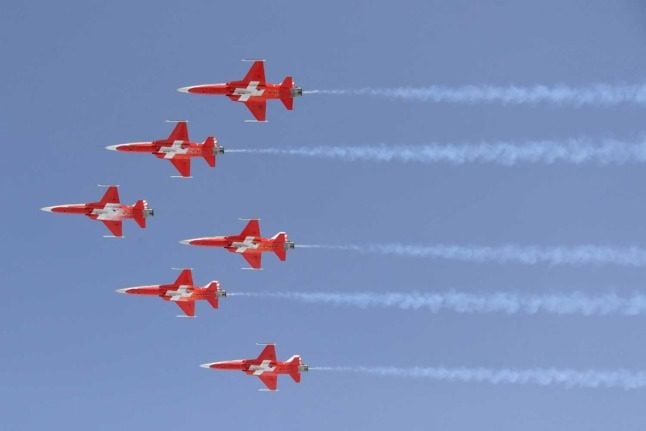Catalonia's pro-separatist government is determined to hold a referendum on October 1st, despite it being banned by Spain's Constitutional Court.
The documents were seized at an advertising distribution company near Barcelona, the Spanish interior ministry said in a statement.
READ MORE: Catalonia's mayors caught in referendum crossfire
Among the documents were about 700,000 leaflets promoting a “yes” vote in the referendum and 370,000 flyers with logo of the Catalan government along with 138,000 posters for the far-left Popular Unity Candidacy (CUP) party.
 This handout picture released by the Spanish Civil Guard on September 17, 2017 shows pamphlets supporting Catalonia's independence referendum seized at an advertising distribution company in the province of Barcelona: Photo: AFP
This handout picture released by the Spanish Civil Guard on September 17, 2017 shows pamphlets supporting Catalonia's independence referendum seized at an advertising distribution company in the province of Barcelona: Photo: AFP
Faced with a determined Catalan government, Spain has multiplied its efforts to crack down on the referendum, having previously seized propaganda material and threatened to arrest Catalan mayors who allow the vote.
'We are not afraid'
Also on Sunday, hundreds of people attended a meeting in Madrid to show support for the referendum, some waving pro-independence leaflets.
The meeting was held in a small theatre in the central district of Lavapies after a court banned holding it in a cultural centre owned by the town hall.
“Faced with their ban, we are determined,” Jordi Cuixart, head of Omnium Cultural, a Catalan cultural organisation, said to applause from the public inside and outside the theatre.
“We need your solidarity now more than ever. What we are experiencing today is a true breakdown of democratic process.”
READ ALSO: Nine key pitfalls of Catalonia's independence referendum
Outside the meeting, some chanted “Freedom of expression”, “Right to decide” and “We are not afraid” under the watch of several police officers.
“This is no longer a question of Catalans and Spaniards, it is a question of the quality of our democracy,” Maria Jose Hernandez, a 40-year-old old graphic designer, told AFP.
On Sunday, the newspaper El Pais called on famous personalities such as writer Javier Marias and actress Marisa Paredes to call for Catalans to abstain from what the newspaper dubbed an “anti-democratic swindle”.
Texto íntegro: ‘1- O Estafa Antidemocrática’ https://t.co/YEPqhRdHrn #1oEstafaAntidemocratica
— EL PAÍS España (@elpais_espana) September 17, 2017
Catalan society is deeply divided on the subject of independence. A poll commissioned by the regional government in July showed 49.4 percent of Catalans were against independence while 41.1 percent were in favour.
By Adrien Vicente / AFP



 Please whitelist us to continue reading.
Please whitelist us to continue reading.